Improving food storage with biodegradable polymers that can prevent food products from rapidly spoiling and help the growing difficulty of waste build up in the environment.
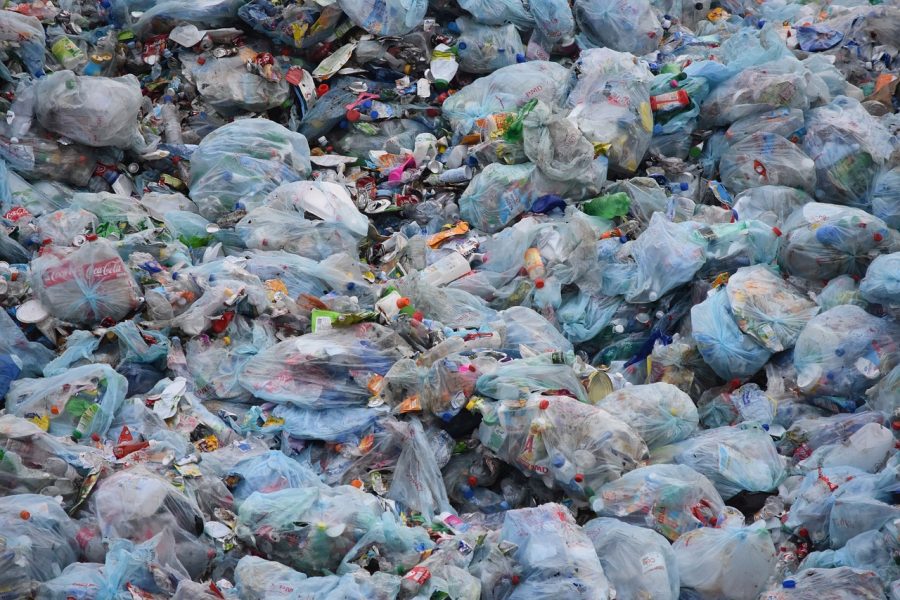

Improving food storage with biodegradable polymers that can prevent food products from rapidly spoiling and help the growing difficulty of waste build up in the environment.
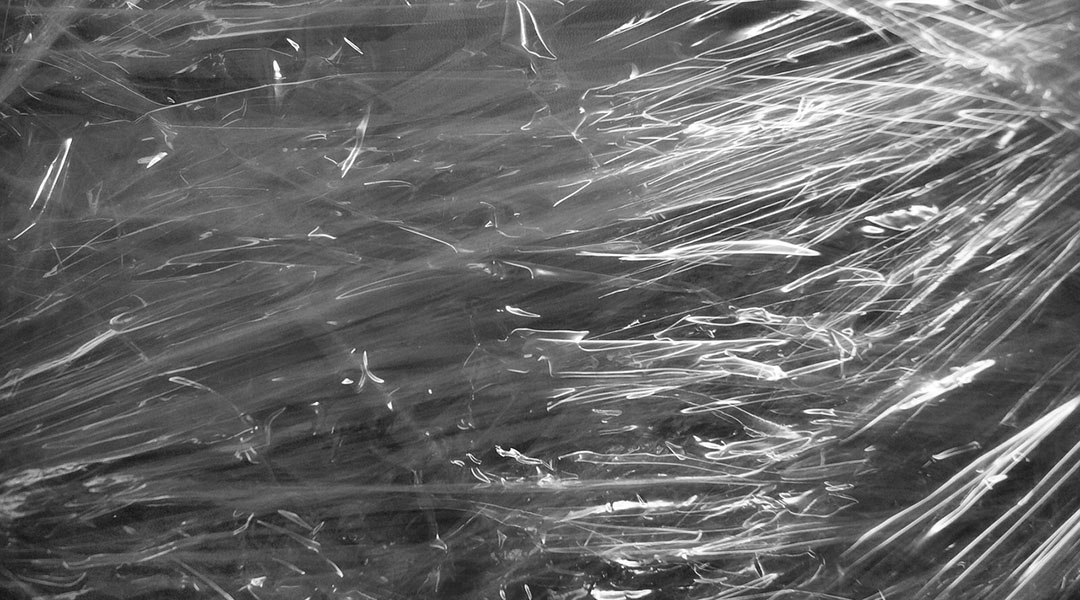
Plastic polymers may replace metal as lightweight, flexible heat conductors in cars, refrigerators, and electronic devices.
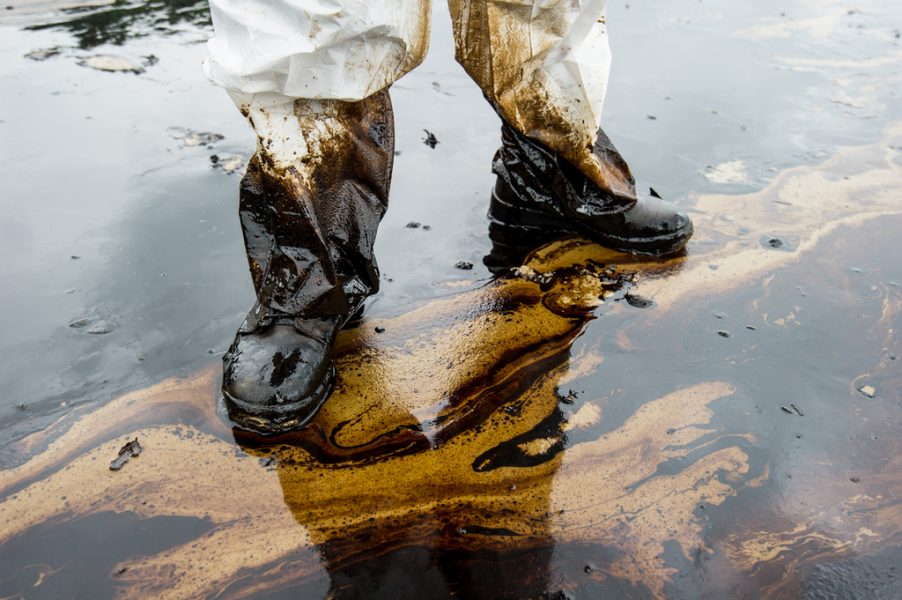
Researchers have developed a gas-phase deposition process to obtain either superhydrophobic or superamphiphilic nanocomposite coatings on filtration membranes.
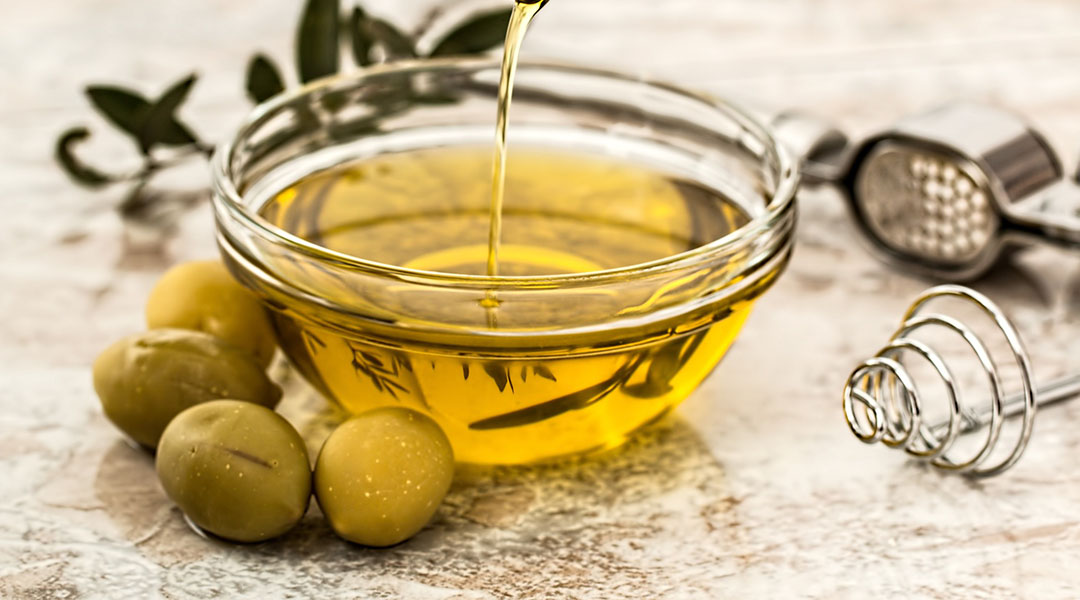
The use of bio-based materials in place of oil-based materials could lead to a more sustainable future for a range of industries.
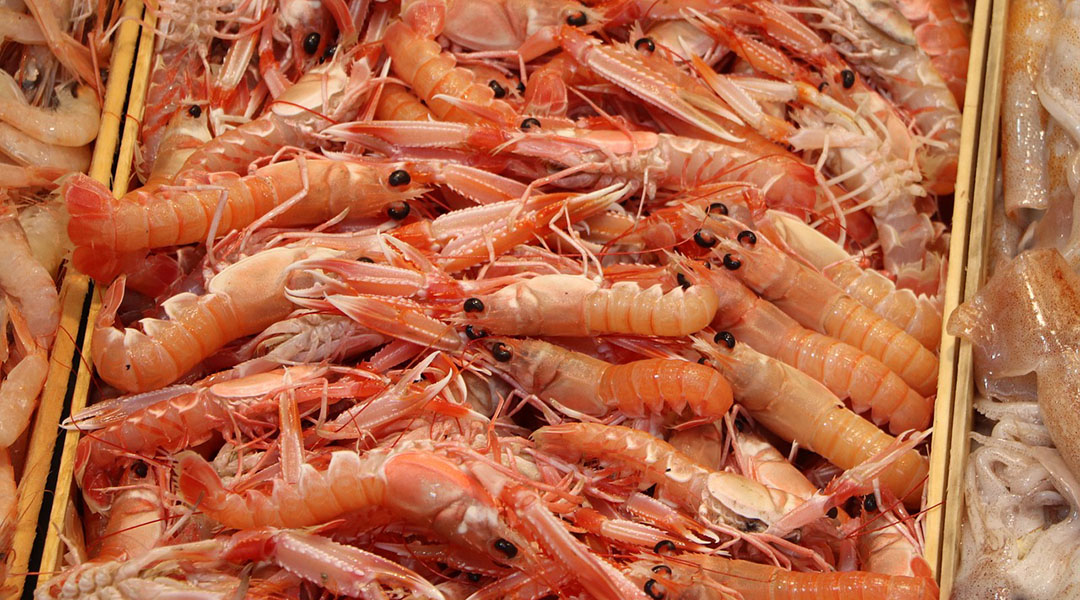
The decortication of shrimp in Northern Morocco results in high amounts of wasted chitin that can otherwise be transformed into highly valuable chitosan.

On 8-10 August 2019, Texas A&M University will welcome polymer scientists from the USA and abroad for an engaging two and a half days of talks. We are excited to announce that the 15th International Conference on Polymers for Advanced Technologies (PAT 2019) will...
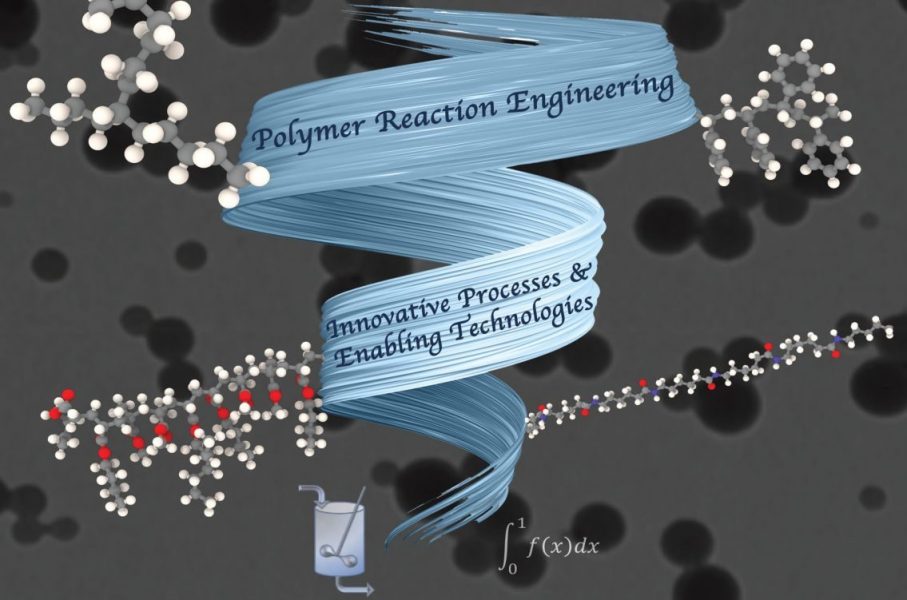
Macromolecular Reaction Engineering presents recent progress in innovative processes and enabling technologies, guest edited by John Tsavalas and Kim McAuley

Seawater‐assisted, self‐healing, metal–catechol polyurethanes show promise in marine environments.
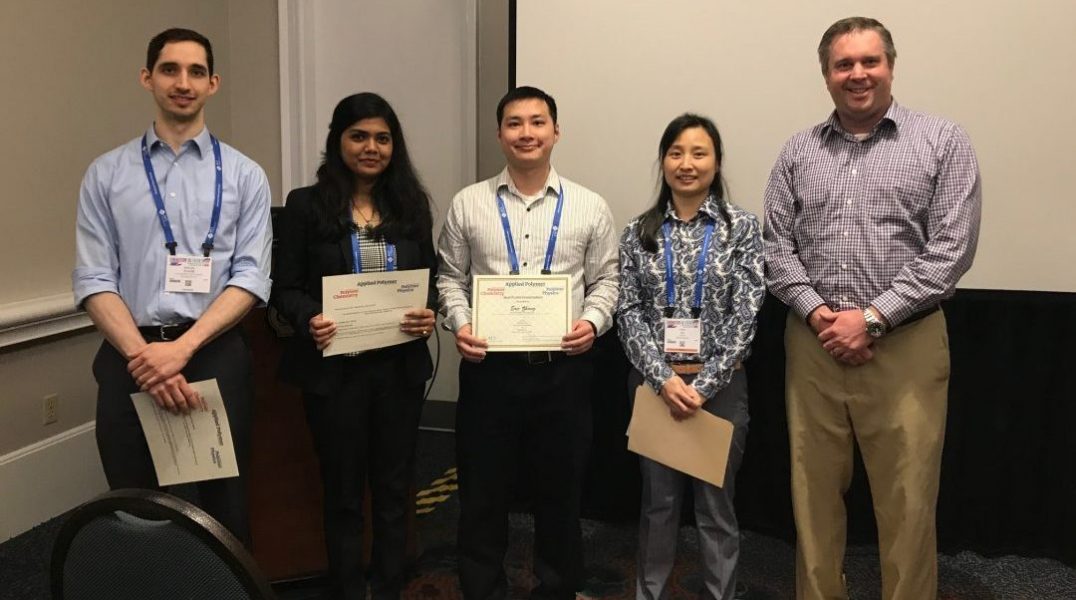
Young scientists recognized for their work in polymer science.

How what you wear to bed could one day improve your night’s sleep.